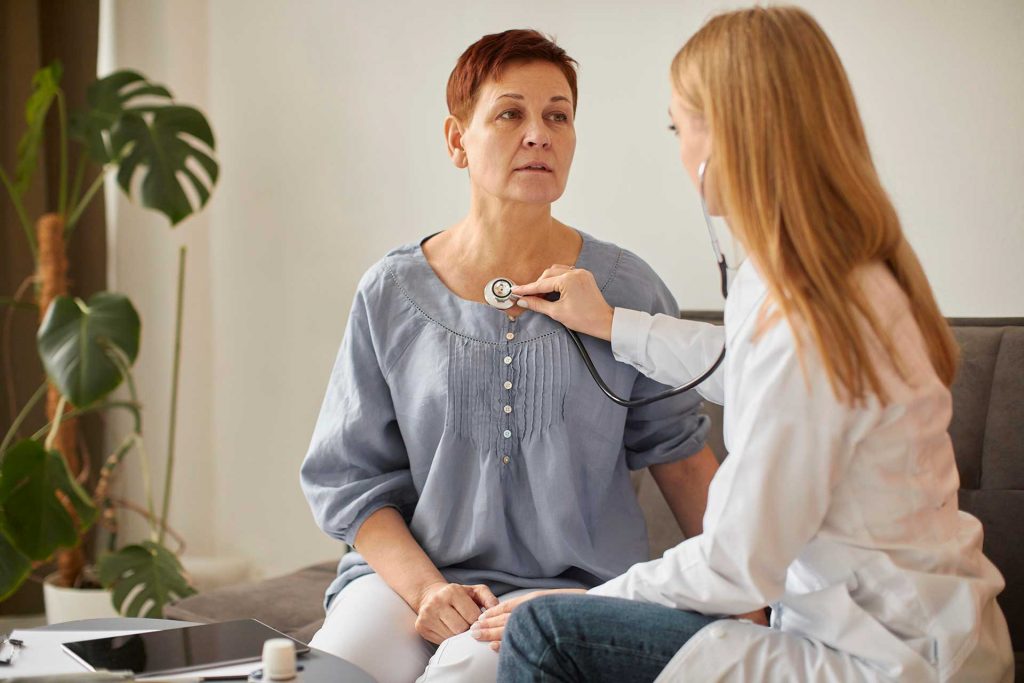The biggest health issues facing Australian women may surprise you
How do we decide what the ‘most important’ health issues for women are?
At the end of the day, the most important health issue is the one you need help with. The one that affects your day-to-day life the most. That issue will naturally vary from woman to woman and season to season.
But in general, we know from statistics what health issues affect women the most. Here we’ll break down some of these stats.
And we’ll give you an idea of what kinds of health issues you may want to chat with a doctor about.

Biggest health issues facing women
| Top 5 leading causes of death in Australian women | Top 5 most disabling illnesses for Australian Women |
| • Dementia | • Anxiety and depressive disorders |
| • Coronary heart disease | • Coronary heart disease |
| • Cerebrovascular diesase | • Dementia |
| • Lung Cancer | • Back pain and problems |
| • Chronic Obstructive Pulmonary disease | • Chronic obstructive pulmonary disease |
These lists give us an idea of the most common and concerning health issues for women. They tell us the priority areas for women’s healthcare.
With early detection, lifestyle changes and treatment, some of these conditions can be more easily managed or prevented.
What do women say matters most?
In 2018, Jean Hailes — the premier organisation in Australia for women’s health —surveyed over 15,000 Aussie women. They asked about health concerns, practices and needs.
The top 5 health topics women felt worried about were:
1. Weight management (35%)
2. Healthy eating (32%)
3. Mental and emotional health (29%)
4. Anxiety (28%)
5. Menopause (25%)
Getting help for your biggest health concerns
Now you’ve seen some of the facts. What next?
How can women beat the odds and live healthier and happier lives?
Here are some of the simplest ways to reduce your chance of a serious health problem.
- Get regular GP health check-ups: Having regular tests for blood pressure, cholesterol and weight could save your life.
- Get physical: Even just 15 minutes a day can make a difference.
- Change your diet: You can ask your GP for some tips.
- Quit smoking.
- Take care of your mental health: Speak with your GP if you notice any changes in your moods.

You should also consult a GP if you notice any unusual symptoms like:
- frequent urination
- abnormal vaginal discharge
- irregular or heavy menstrual bleeding
These could be signs of more serious health conditions, like a urinary tract infection or sexually transmitted infection.
Request one of InstantScripts discrete and easy pathology referral tests:
- Why am I tired? — a test to check a range of levels in your body that may explain why you’re tired
- STI screen
- Blood pregnancy test — the most accurate way to test for pregnancy
Or speak to an InstantScripts GP about tests and treatments for your biggest health concerns.
© InstantScripts
Level 8 / 637 Flinders St.,
Docklands VIC 3008

